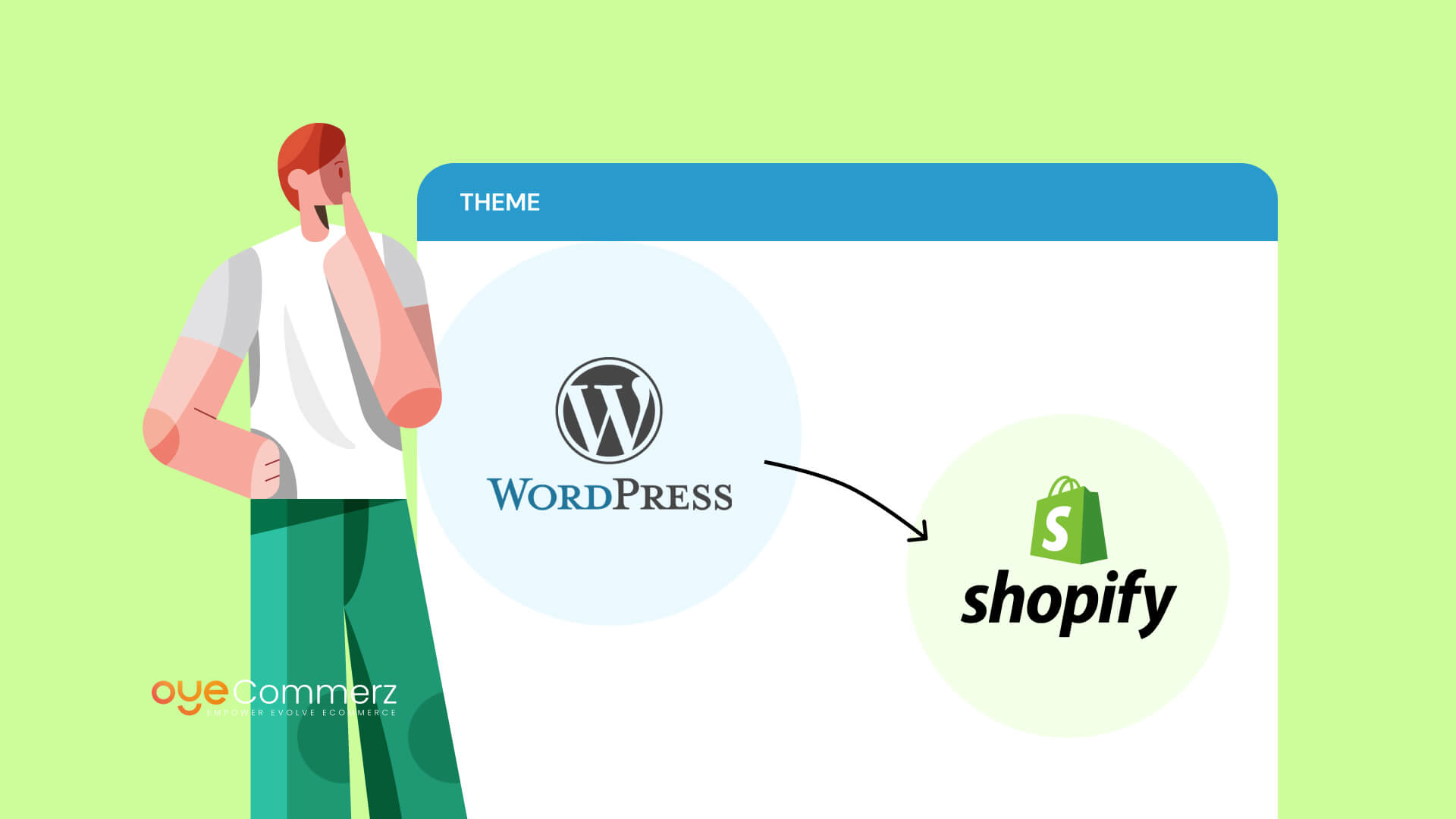In the constantly changing world of eCommerce, selecting the best solution is essential for your business's growth. If you’re presently using WordPress and thinking about a migration to an alternative, you’re not alone. Numerous businesses are making this transition to utilize Shopify’s powerful capabilities, user-friendliness, and expandability. This guide will take you through the process of migrating from WP to this platform seamlessly, guaranteeing that you unlock your online retail potential.
Why Transition from WordPress to Shopify?
Before exploring the migration process, it’s crucial to realize why this shift can be beneficial for your online store:
User-Friendly Interface: Shopify offers an intuitive interface that makes easier store handling, allowing for non-technical users.
Scalability: As your company grows, Shopify can handle higher visitors and sales without affecting efficiency.
All-in-One Solutions: Shopify provides built-in features for SEO, analytics, payment management, and much more, eliminating the necessity for numerous plugins.
Advanced Safeguards: With Shopify, you benefit from advanced security measures that secure sensitive customer details.
Steps for a Effortless Migration
Migrating your online store from WP to Shopify involves key phases.
Here’s steps to ensure a smooth transition:
Outline Your Migration Approach
Start by outlining your migration blueprint. Identify which aspects of your existing site you want to transfer, such as:
Item details
Customer information
Transaction records
Articles
Choose the Best Migration Solution
Considering your preferences, select a migration package that suits your store. OyeCommerz offers various options:
Entry-Level Plan: Suitable for boutique stores with fewer products.
Mid-Tier Plan: Appropriate for mid-range businesses with moderate needs.
Comprehensive Solution: Perfect for larger stores needing broad customization.
Backup Your Content
Ahead of starting the migration, ensure that you have a comprehensive copy of your WordPress site. This task is critical in the event anything goes off track during the migration.
Extract Your Data from WP
Leverage extensions or alternative solutions to extract key data from your WordPress site:
Inventory
Clients
Sales records
Articles
Migrate Data into Shopify
When you have your data exported, utilize Shopify’s built-in features or external apps to upload your data into your Shopify store. Confirm that all information is correctly organized and arranged.
Customize Your Shopify Store
After importing content, tailor your Shopify site’s layout to match with your style. Look into engaging a designer if you need complex customization.
Set Up TransactionOptions and Shipping Options
Arrange payment gateways and shipping settings in Shopify to create a smooth transaction experience for customers.
Apply Search Engine Optimization Best Practices
To preserve your SEO performance during the change:
Set up 301 URL mappings from existing URLs to new ones.
Refresh descriptions.
Adjust media and content for SEO.
Test Your Updated Platform
Ahead of publishing, thoroughly check your new site. Look out for any discrepancies, transaction errors, or incomplete files.
Publish Your Store
When everything Shopify eCommerce solutions is in place, it’s the moment to launch! Announce the transition to your users and invite them to explore the new capabilities of your Shopify store.
Post-Migration Support
Following publishing your updated store, continued support is important. Explore partnering with professionals who can help with:
Technical support
Customer engagement
Performance optimization
Conclusion
Migrating from WordPress to this platform can explore online store migration be a transformative move for your online retail. By following this guide and working with professional services like those offered by OyeCommerz, you can ensure a seamless transition that improves your business potential. Accept the opportunity and unlock the advantages of Shopify today!
